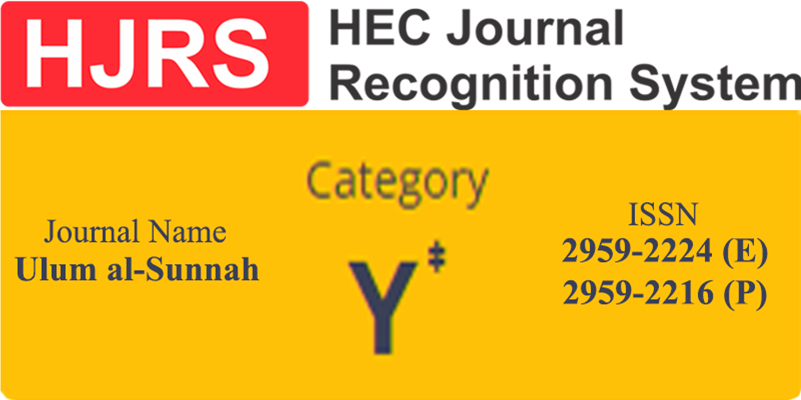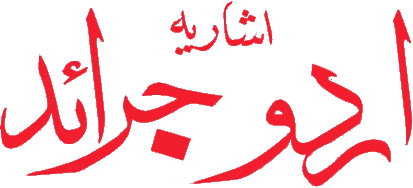جد صحیح کے احوال میں اختلاف کا تحقیقی جائزہ
A Research Review of Differences in the Accounts of Jad e Sahih
Keywords:
Islam, Jadd e Sahih, Zawi Farooz, AsabhAbstract
Before Islam, there was a long period of ignorance and corruption was found in every matter of life. Fights would start over small things, which would continue for a long time. The powerful would oppress the weak and destroy his rights and the real heirs of the deceased would be deprived of the inheritance. The religion of Islam provides guiding principles in every field of life. The Qur'an and the Sunnah provide solutions to every problem of life in the light of humanity. Just as Islam guides us in other fields of life, it also provides complete guidance in the division of inheritance. It has provided the rules and assigned separate stakes for each relationship. The correct grandfather (grandfather) has a very close relationship with the deceased. The correct grandfather sometimes gets a share simply by becoming a zawi-al-farud, sometimes he gets a share simply by becoming an usba, while sometimes he gets the right to inherit under both the zawi-al-faruz and the usba.In this research article, the various accounts of Jed Sahih will be described and the different opinions found in the Muslim Ummah regarding the legacy of Jed Sahih will also be discussed۔
Downloads
Published
How to Cite
Issue
Section
License
Copyright (c) 2024 Muhammad Hassan Farooq, Dr. Wajid Mehmood, Arshad Mehmood

This work is licensed under a Creative Commons Attribution-NonCommercial 4.0 International License.
This is an open-access journal which means that all content is freely available without charge to the user or his/her institution. Users are allowed to read, download, copy, distribute, print, search, or link to the full texts of the articles, or use them for any other lawful purpose, without asking prior permission from the publisher or the author. All articles are available on the internet to all users immediately upon publication. Non-commercial use and distribution in any medium are permitted, provided the author and the journal are properly credited.









